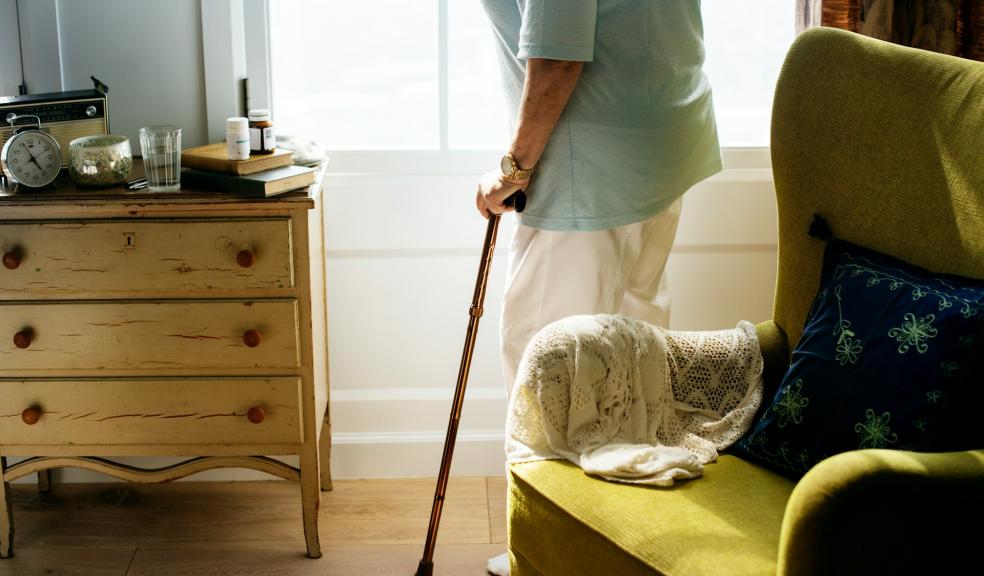
The Overlooked Legal Side of Elderly Care and Home Ownership
As life expectancy increases and more families confront the realities of long-term care, one crucial element remains frequently overlooked: the legal implications of elderly care and property ownership. Whether you are planning for your own future or supporting ageing parents, understanding the intersection between care decisions and property law is essential to protecting both financial stability and personal welfare.
Planning for Care Before It’s Urgent
Far too often, legal planning for later-life care begins only when a crisis hits, when a loved one can no longer live independently or needs to move into a care home. But the best protection comes with early planning. This includes drafting or updating wills, putting Lasting Powers of Attorney (LPAs) in place, and considering how care fees might be funded.
LPAs, in particular, are indispensable tools. They allow a trusted person to make decisions on your behalf regarding health, welfare, property, and finances if you lose mental capacity. Without an LPA, family members may need to apply to the Court of Protection for the authority to act, which can be expensive, time-consuming, and emotionally draining.
The Hidden Costs of Care
Residential care costs in England can exceed £40,000 per year, with nursing care often costing more. If a person has assets exceeding £23,250 (including the value of their home), they are usually expected to self-fund their care. This is where legal advice becomes vital, understanding what counts towards that threshold, what might be exempt, and how different forms of ownership can impact liability.
For instance, the family home may not be considered in financial assessments if a spouse or qualifying relative still lives there. However, rules around property disregard are nuanced and missteps can lead to significant financial loss. Planning early gives families more flexibility in structuring ownership and exploring options such as trusts, which can help safeguard assets when used appropriately.
Home Ownership and the Care System
The way a home is owned, whether solely, jointly, or through a trust, can dramatically affect how it is treated in care funding assessments. Many families assume gifting property to children will shield it from care costs, but such transfers are closely scrutinised. Local authorities can investigate “deliberate deprivation of assets,” and reclaim funds if they believe property was transferred to avoid care charges.
This highlights the need for legal advice that considers not just immediate tax or financial benefits but the broader implications for future care needs. Conveyancing and elder care law must work hand in hand to ensure property transfers are legally sound and strategically sensible.
The Role of NHS Continuing Healthcare
Another frequently missed opportunity for financial relief lies in NHS Continuing Healthcare (CHC) funding. This fully funded package of care, arranged and paid for by the NHS, is available to individuals with significant health needs, regardless of income or assets. Yet many who qualify never apply, or are wrongly assessed and denied.
The CHC system can be daunting, especially during an already stressful time. That’s where continuing healthcare solicitors play a vital role, providing expert support in eligibility assessments, challenging refusals, and ensuring that individuals receive the support they are legally entitled to. Their involvement can mean the difference between a family depleting a loved one’s estate or having care fully funded by the NHS.
Thinking Ahead, Acting Now
Elderly care and home ownership are deeply intertwined. How and when you plan for one impacts the other. The key takeaway for families is to be proactive rather than reactive. Whether you're trying to ensure your estate is preserved for future generations or simply want peace of mind that you or your loved ones will be cared for with dignity, the right legal advice is indispensable.
Speak to a solicitor experienced in both property law and elder care issues. A well-crafted legal plan can protect your assets, clarify your wishes, and help guide you through the complications of care funding. The earlier you act, the more options you’ll have, and the less likely you are to face unexpected costs or stressful decisions down the line.









